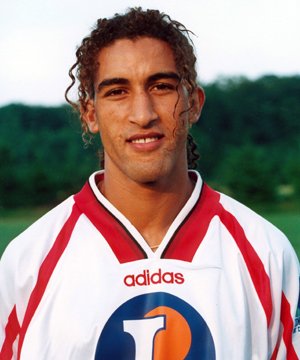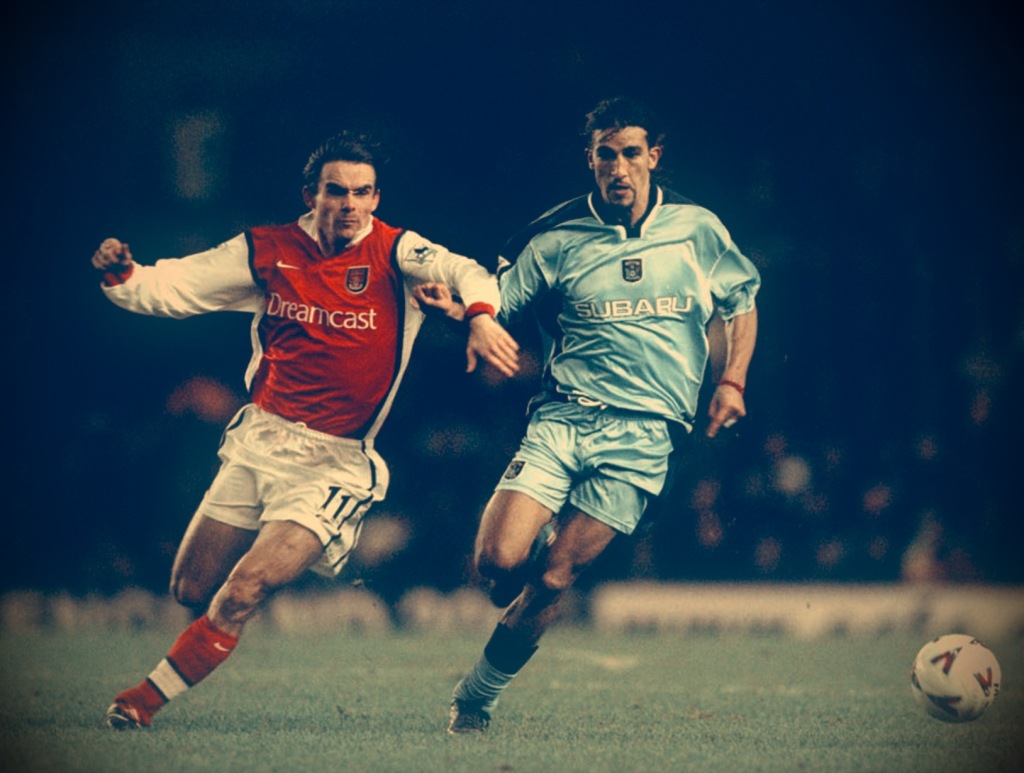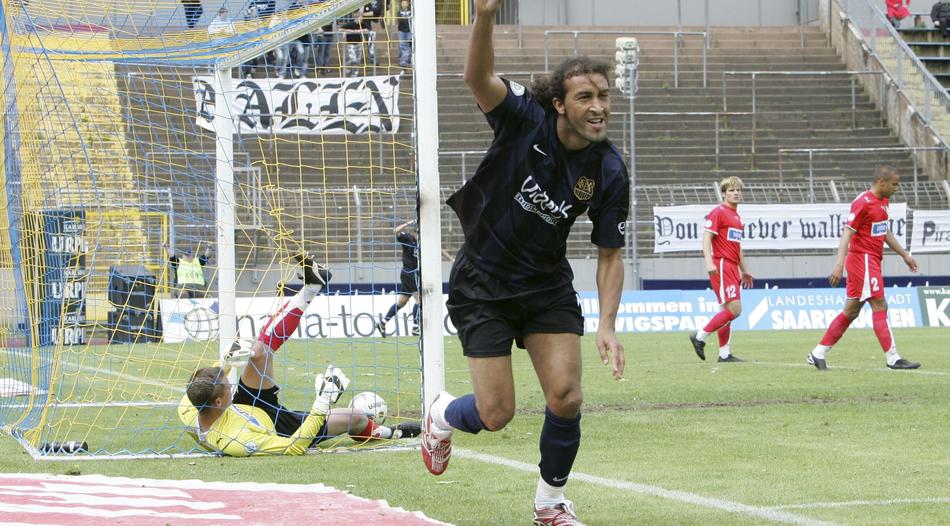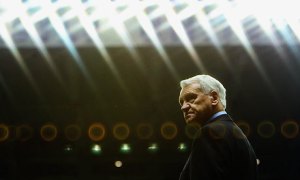Mustapha Hadji is quite well known but some fans may be surprised to find that he was named the 50th greatest African player of all time.
Hadji is currently the assistant manager of Morocco and is hoping his experiences and ability can translate to some of their players. Being named the 50th best ever is an honour especially when you consider the amount of talent that has came out of the continent and made their mark in Europe.
The midfielder moved to France at a young age and signed his first contract at Nancy. He broke into their first team in 1991 and was a regular goalscorer from a deeper position over the next five years. In total he played 243 league games, scoring 98 times and was quickly starting to attract attention from other teams. He first move away was to Portuguese side Sporting.
He only spent one year in Portugal before moving to Spanish side Deportivo. Again it was only a short spell and after just 31 league games in two years he was on the move and was signed by Coventry City. His time at the club was helped as national teammate Youssef Chippo joined at a similar time. While at Coventry he delighted the fans with great pace and skill but unfortunately he could not stop the club getting relegated in 2001.
Aston Villa signed the midfielder after this relegation and this was probably down to the fact that he scored three times against them in the previous season. His move to Villa Park did not quite work out and was never a regular. He struggled for game time in his three years at the club and he only ended up with 35 league appearances, scoring against Southampton and Everton. He also added a goal in the UEFA Cup against Varteks but at the end of his contract he was released.
Hadji returned to Spain, signing for Espanyol. After one season he left again and went to the UAE for a year, scoring five times in 15 games for Al Ain before returning to Europe. He signed for German side Saarbrucken in the German Second Division. The manager that signed him was sacked very early into his season and it was a worry that he would be left out in the cold again but new manager Rudi Bommer persisted with the Moroccan. In his two years he scored 10 league goals in 54 games which wasn’t a bad record for an ageing midfielder.
His final career move was to Fola Esch in Luxembourg, where even at his age, he was a class above and looked a different quality to his opponents. His 25 goals in just 44 games shows this and in July 2010 he decided to call time on his career and retire.
The final word can go to African football expert Ed Dove. “Hadji was an agile, innovative attacking midfielder who excelled with the ball at his feet and a defence ahead of him.”































